Top 4 Things Every New Homeowner Should Do
Now that the closing documents are signed and you’ve been handed the keys, you are officially a homeowner! Amid packing and moving, it can feel overwhelming to start tackling projects in your new home. However, some items will need immediate attention, and checking them off your TO-DO List will help ensure a smooth transition into your new home.
.jpg)
1. Save Your Important Documents
The fact is, there’s a lot of paperwork to sign when you become a homeowner. Once you’ve officially closed on your home, gather all the forms and records you’ve received in the process, including:
- Lender contact information
- Appraisal report
- Property survey
- Inspection reports
- Final closing documents
- Insurance documents
Consider making copies of these documents to keep readily available, then store the original documents in a secure place like a fireproof safe.
2. Set Up Your Utilities
Contact your local utility companies as early as you can, to be sure there is no lapse in service when you move into your new home. There are five basic utility services you’ll want to make sure are connected in your name by the time you move in:
- Electric
- Water/sewer
- Gas
- Waste disposal (trash and/or recycling)
- Cable/internet
3. Update Your Address
Here is a list of places where you may need to update your address:
- The United States Postal Service (USPS) – The USPS may be the first place you’ll want to notify of your change of address. The post office will hold your mail while you are in transition and then forward your mail from your old residence to your new one for 12 months.
- The Department of Motor Vehicles (DMV) – Whether you move to a new state or not, you’ll need to update your driver’s license and registration address. You may be required to do so within a month or two after you move. Check the laws in your state to be sure.
- Voter registry – When you change addresses, it can impact what voting district you’re in and which polling location you will use on election day.
- Subscriptions/online deliveries – Trying to track down a package can be a major headache, so be sure to update your address if you receive any automatic deliveries.
- Financial institutions and credit cards – To prevent missed payments or lost statements, update your billing address with any bank or credit company where you are an account holder.
- Your employer – Ask your employer to change your home address on your W-2, so the form doesn’t get lost at tax time.
4. Inspect And Secure Your Home
As you move in, make sure you’re prepared for an emergency by checking these items off your TO-DO List:
- Locate the water shut-off valve and the fuse box. You don’t want to be searching for these if there is an urgent situation. Know how to turn off the flow of water, and where to restore the flow of electricity if the power goes out.
- Change the locks. Make sure you are the only one with keys to your home. If there is a keypad as well, reset the code.
- Locate and test smoke detectors. The U.S. Fire Administration recommends testing your smoke detectors at least once a month and replacing the batteries once or twice a year.
- Create an evacuation plan. Identify the possible evacuation routes from each room in your home in the case of an emergency. Be sure to discuss your emergency plan with all members of your household.

